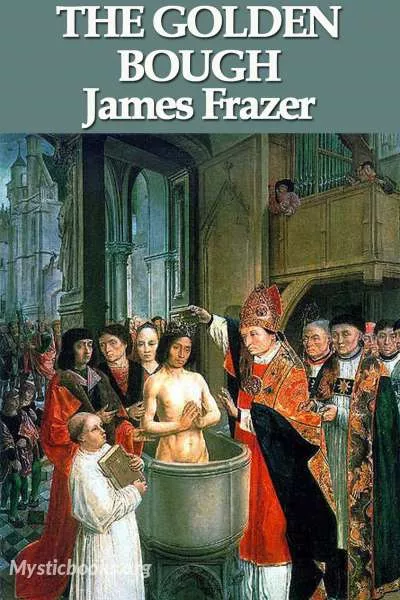
The Golden Bough
by James Frazer
'The Golden Bough' Summary
Frazer attempted to define the shared elements of religious belief and scientific thought, discussing fertility rites, human sacrifice, the dying god, the scapegoat, and many other symbols and practices whose influences had extended into 20th-century culture. His thesis is that old religions were fertility cults that revolved around the worship and periodic sacrifice of a sacred king. Frazer proposed that mankind progresses from magic through religious belief to scientific thought.
Frazer's thesis was developed in relation to J. M. W. Turner's painting of The Golden Bough, a sacred grove where a certain tree grew day and night. It was a transfigured landscape in a dream-like vision of the woodland lake of Nemi, "Diana's Mirror", where religious ceremonies and the "fulfillment of vows" of priests and kings were held.
The king was the incarnation of a dying and reviving god, a solar deity who underwent a mystic marriage to a goddess of the Earth. He died at the harvest and was reincarnated in the spring. Frazer claims that this legend of rebirth is central to almost all of the world's mythologies.
Frazer based his thesis on the pre-Roman priest-king Rex Nemorensis at the fane of Nemi, who was ritually murdered by his successor:
When I first put pen to paper to write The Golden Bough I had no conception of the magnitude of the voyage on which I was embarking; I thought only to explain a single rule of an ancient Italian priesthood. (Aftermath, p. vi)
The book's title was taken from an incident in the Aeneid, illustrated by Turner, in which Aeneas and the Sibyl present the golden bough to the gatekeeper of Hades to gain admission.
Frazer wrote in a preface to the third edition of The Golden Bough that while he had never studied Georg Wilhelm Friedrich Hegel, his friend James Ward, and the philosopher J. M. E. McTaggart, had both suggested to him that Hegel had anticipated his view of "the nature and historical relations of magic and religion". Frazer saw the resemblance as being that "we both hold that in the mental evolution of humanity an age of magic preceded an age of religion, and that the characteristic difference between magic and religion is that, whereas magic aims at controlling nature directly, religion aims at controlling it indirectly through the mediation of a powerful supernatural being or beings to whom man appeals for help and protection." Frazer included an extract from Hegel's Lectures on the Philosophy of Religion (1832).
Book Details
Language
EnglishOriginal Language
EnglishPublished In
1890Authors
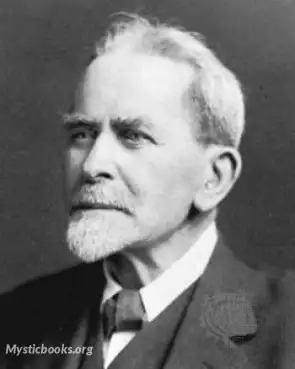
James Frazer
Scotland
Sir James George Frazer was a Scottish social anthropologist and folklorist influential in the early stages of the modern studies of mythology and comparative religion. His most famous work, The Golde...
Books by James FrazerDownload eBooks
Listen/Download Audiobook
- Select Speed
Related books
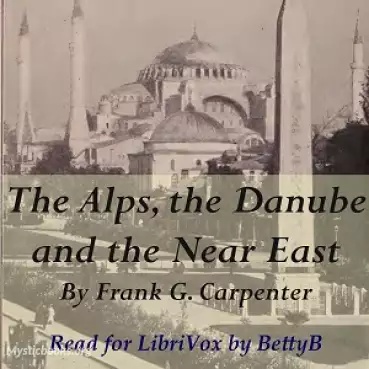
The Alps, the Danube and the Near East by Frank G. Carpenter
It is an enlightening travelogue that explores the rich cultural heritage of Europe and the Middle East. Written by one of the most celebrated travel...

The Indians in Wisconsin's History by John M. Douglass
Pre-European arrival history of Wisconsin's Native American tribes, with discussions of their way of life, crafts, clothing, shelter, hunting, fishing...
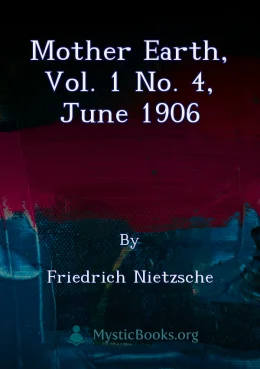
Mother Earth, Vol. 1 No. 4, June 1906 by Friedrich Nietzsche
Mother Earth was an American anarchist journal that described itself as "A Monthly Magazine Devoted to Social Science and Literature". Founded in earl...
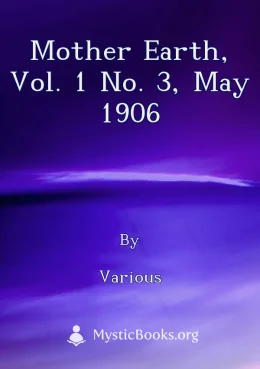
Mother Earth, Vol. 1 No. 3, May 1906 by Various
Mother Earth was an American anarchist journal that published articles by contemporary activists and writers in Europe as well as the US, in addition...
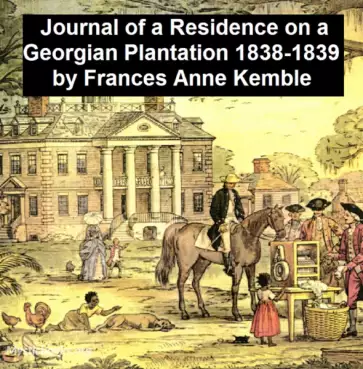
Journal of A Residence On A Georgian Plantation, 1838-1839 by Frances Kemble
Fanny Kemble was a British actress who married mega-plantation owner, Pierce Butler of Georgia. During her marriage she kept journals of everyday life...
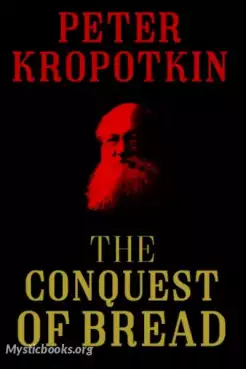
The Conquest of Bread by Peter Kropotkin
The Conquest of Bread, also known colloquially as The Bread Book, is an 1892 book by the Russian anarcho-communist Peter Kropotkin. Originally written...
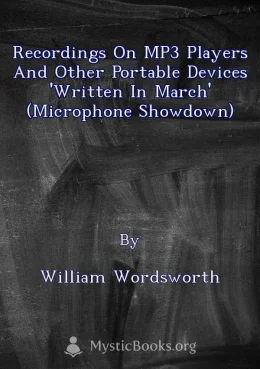
Recordings on MP3 players and other portable devices 'Written in March' (Microphone Showdown) by William Wordsworth
This is a project which will allow us to compare recording quality of different mp3 players and portable recording devices. Each reader has recorded t...
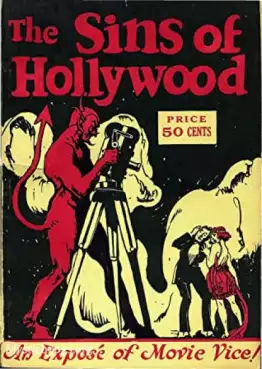
The Sins of Hollywood, An Exposé of Movie Vice by Edward Roberts
Exacerbated by several high-profile Hollywood scandals, a wave of anti-Hollywood rhetoric tried to paint the movie capital as a veritable hotbed of cr...
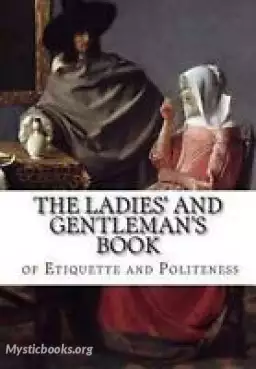
The Gentleman and Lady's Book of Politeness and Propriety of Deportment by Elisabeth Celnart
The Gentleman and Lady's Book of Politeness and Propriety of Deportment

Pictures of Jewish Home-Life Fifty Years Ago by Hannah Trager
Hannah Trager published Pictures of Jewish Home-Life Fifty Years Ago in 1926, so the book is a portrait of day to day life for a Jewish family in Jeru...
Reviews for The Golden Bough
No reviews posted or approved, yet...